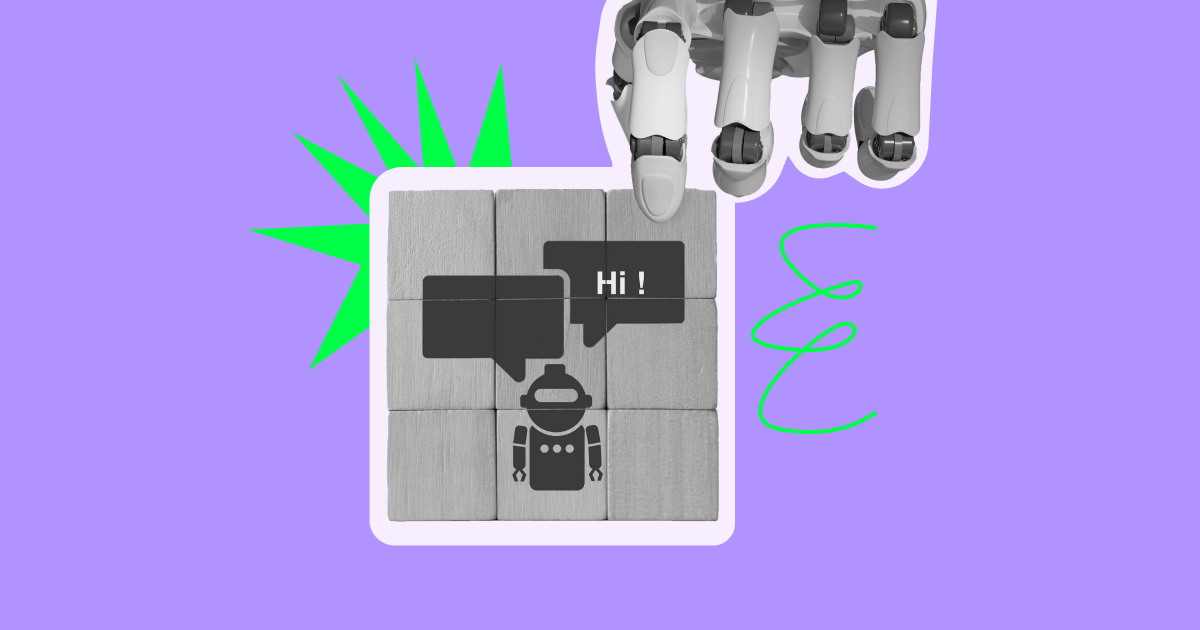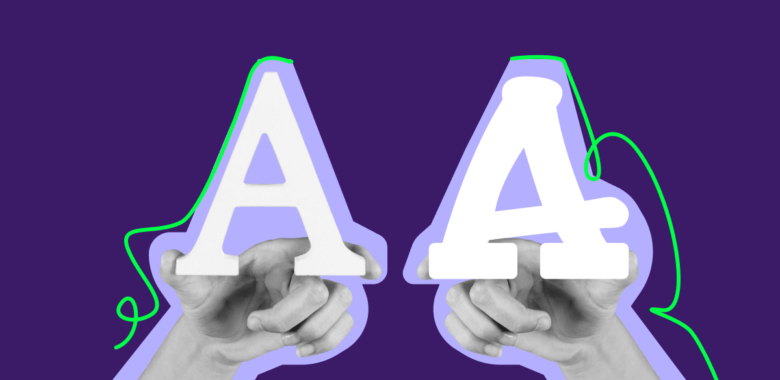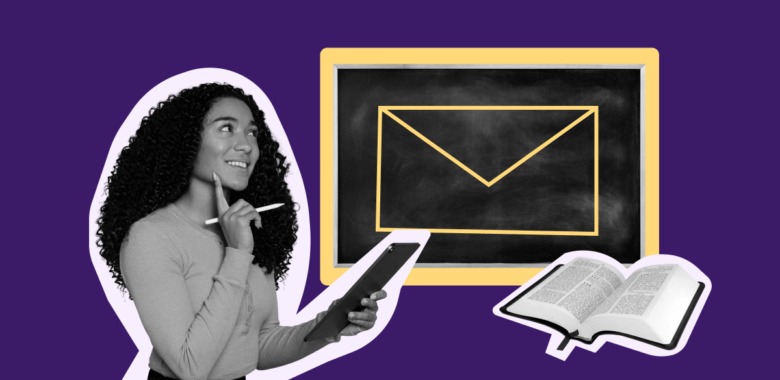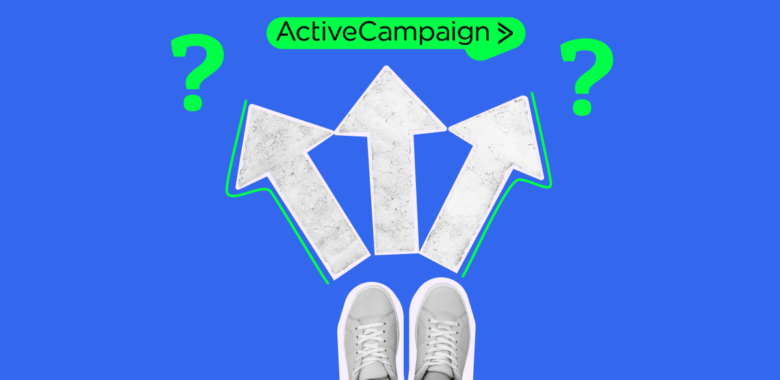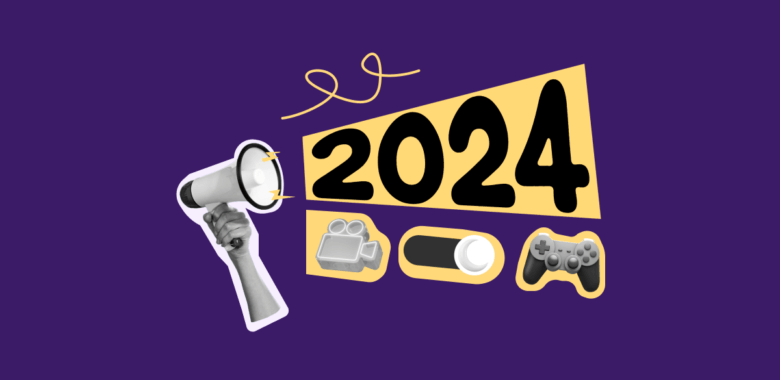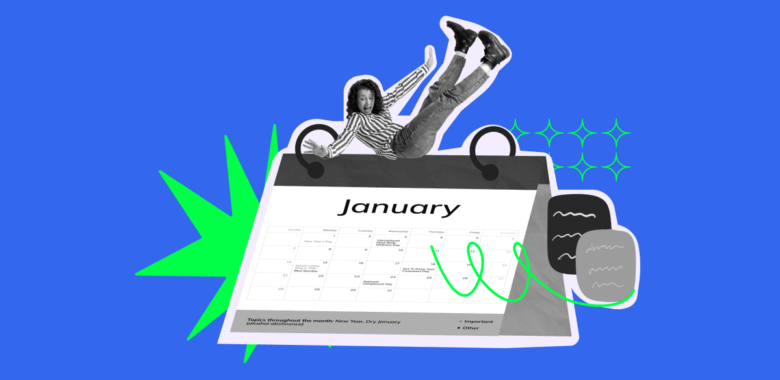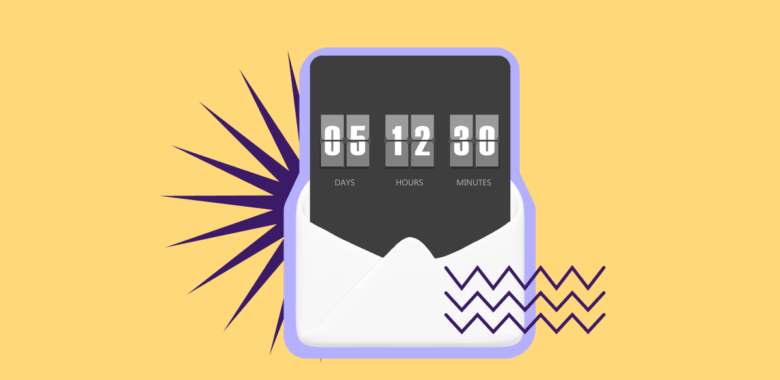How to choose the best chatbot platform for your needs
Selecting the best chatbot platform for your business is not as easy as it seems. There’s a bunch of factors to consider, from ease of use and customization options to integration capabilities, scalability, pricing, and customer support.
Let’s learn to choose the best chatbot platform that fits in your business needs.
Determine your aim and capabilities
It all starts with a “why”. So, the first step is to clearly define the purpose of your chatbot, whether it’s for customer support, lead generation, or marketing automation. For example, why spend a fortune on AI development if you only need a chatbot to support daily communications or to gather contacts?
However, if you want to scale your business and offer customers more targeted solutions, consider an AI-powered chatbot. In this case, make sure that your team has the time, financial, and technical resources to set it up with NLP and integrate it with your business.
Integrations
Your company already uses business software like CRM so check out the compatibility of the chatbot platform with your current tools. A platform that offers better integrationswith your CRM, marketing automation, and other apps will ensure a frictionless workflow.
For example, if you need a chatbot to collect emails for your email marketing campaigns, choosing a platform that integrates with your email service provider (ESP) would be advantageous. This integration will simplify the process of gathering potential customers. Emails are automatically sent to your ESP for campaign deployment, saving you time and effort.
AI capabilities
As we mentioned earlier, you may need an AI chatbot if you need deeper, more personalized, and context-driven integrations with customers. To make this work, evaluate the platform’s AI capabilities: natural language processing (NLP), machine learning, and deep contextual understanding. Advanced AI features enhance the chatbot’s ability to provide meaningful and personalized interactions.
Artificial intelligence chatbots can be irreplaceable in various scenarios where complex tasks require human-like reasoning, decision-making, or interaction. They can also be useful for analyzing huge amounts of customer data to identify trends, preferences, and behaviors. Finally, they can help you fully automate routine tasks.
For example, if you use an AI-powered chatbot for tech support, you can leave the simpler and more repetitive questions to an AI, while your human team will focus on more complex issues.
Pricing
Different chatbot platforms offer different pricing models, including subscription-based pricing plans, pay-per-use options, and customized pricing packages. Choosing a chatbot based on pricing assumes that you will get the best value for money and stay within your budget. Here’s what to consider:
- Limits. Many platforms enforce limits on conversations, AI credits, users, etc. on different pricing plans. Choose a plan where you won’t overpay for extra bits of everything that your business can’t use at full capacity yet. It’s especially important for small businesses!
- Key features. In many chatbot platforms, pricing plans differ by the functions they suggest, so you can choose a chatbot that provides the features you need to achieve your marketing goals. Include the most important features such as dialog creation tools, integration capabilities, analytics, and customer support.
- Scalability. Consider the needs for future business growth. Choose a provider that allows you to upgrade or downgrade your plan as your business develops.
- Hidden costs. Be aware of any additional fees or hidden costs associated with using the chatbot platform, such as installation fees, transaction fees, or premium fees.
